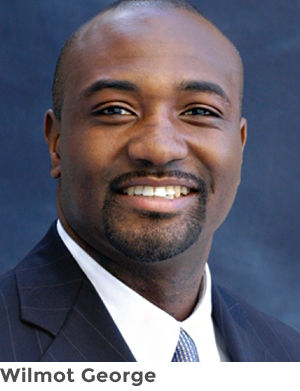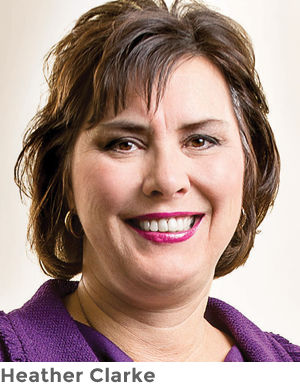Advisors have the opportunity to help small-and-medium-size business clients create estate plans that will minimize the tax payable upon the client’s death, provide for family members and reduce conflict among beneficiaries. An effective estate plan should flow from the plan that the SME client has put in place for his retirement, said Wilmot George, director of tax and estate planning at Mackenzie Investments. “You need to create and implement the two plans at the same time.”
An effective estate plan should flow from the plan that the SME client has put in place for his retirement, said Wilmot George, director of tax and estate planning at Mackenzie Investments. “You need to create and implement the two plans at the same time.”
George said estate concerns that SME clients typically have are:
- Will the business have to be sold?
- How will the estate tax be paid?
And the two concerns are usually related.
Shareholder agreements can address what will happen to the business after the client’s death if he has partners or fellow shareholders who are family members or who are not part of the family. Agreements can serve as roadmaps after the death of partner or shareholder, George said. “Their common provisions are restrictions on share transfers, right of first refusal, restrictions on use as collateral, and buy-sell purchase agreements upon death.”
A cross-purpose buy-sell agreement will stipulate that upon the client’s death his surviving partners or shareholders will purchase his portion of the business or his shares in it from his estate, thereby providing funds for a spouse and/or children who are unfamiliar with the business and the industry. “The purchase will be funded by life insurance purchased by the company,” George said.
Shareholder agreements should also have clauses to protect the client’s shares in the event of a breakdown of a child’s marriage, added Myron Knodel, Winnipeg-based director of tax and estate planning at Investors Group.
Life insurance
Life insurance is a powerful estate-planning tool. “On the death of an owner, funding may be required to pay income tax and probate tax; provide cash to the business and/or beneficiaries; and fund the buyout of estate beneficiaries,” George said. “Funding to meet these needs could be set aside in an investment account or money could be borrowed upon the client’s death.”
The business could also be sold after the client’s death, and incorporated businesses may be eligible for the $800,000 capital gains exemption. And because business owners often act as employees in the business, a tax-free benefit of up to $10,000 can be paid on their behalf upon their death.
“But the most cost-effective way of coming up with this funding is life insurance,” George added, “if it is purchased well in advance.”
 Life insurance can also be used to shelter a portion of a company’s profits from taxation, noted Heather Clarke, Winnipeg-based vice president of IG Insurance Services Inc. “Companies that have built up considerable retained earnings can use part of them to fund a life insurance policy,” she said. Upon the business owner’s death, the beneficiary of the policy will receive a tax-free payout, and the company’s capital gain will be much smaller than if it had retained all its earnings.
Life insurance can also be used to shelter a portion of a company’s profits from taxation, noted Heather Clarke, Winnipeg-based vice president of IG Insurance Services Inc. “Companies that have built up considerable retained earnings can use part of them to fund a life insurance policy,” she said. Upon the business owner’s death, the beneficiary of the policy will receive a tax-free payout, and the company’s capital gain will be much smaller than if it had retained all its earnings.
Life insurance is also a great way to equalize inheritances. “If one child wants to run the business after the parent’s death and the second child doesn’t,” George said, “life insurance can be purchased, typically with a payout equal to the value of the business, that names the second child as the beneficiary.”
But there are tax issues to take into account, he cautioned. “The business will be subject to a tax hit in the late owner’s estate, while the insurance payout won’t. If the business owner has other assets, they can be used to top up the inheritance of the child who gets the business, and any excess in the estate can be divided 50-50.”
Other strategies
An inter-vivos trust established during the lifetime of the client can be an effective estate-planning tool. “Because assets are transferred to the trust prior to the settlor’s death, they generally bypass the estate, thereby reducing estate administration fees and avoiding complex estate settlements,” George said.
Every dollar earned in an inter-vivos trust is taxed at the top tax rate of the province. For this reason, income earned in an inter-vivos trust is often distributed or made payable to beneficiaries of the trust and taxed in their hands.
An estate freeze “freezes” the value of a business at its current fair market value, while passing future growth—and tax liability—to family members, key employees and others. It is often used to provide some certainty of the business owner’s tax liability at death, George said, thereby allowing for advanced planning to fund the liability.
Note to readers: This is an article in a series by Rosemary McCracken on how financial advisors can help their business owner clients.







